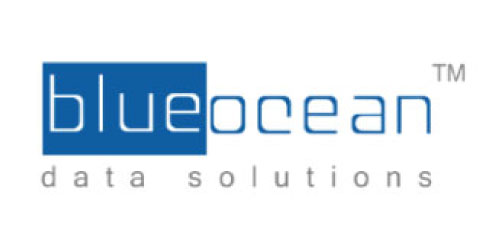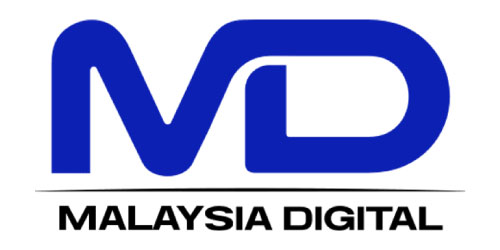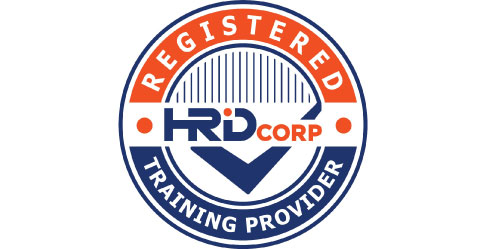Programmable logic control (PLC)
Practical Training
PLC practical training is structured into two distinct levels to cater to participants with different levels of knowledge and experience. The introductory level is designed for those new to PLC systems, providing foundational skills and understanding, while the advanced level is tailored for individuals with prior experience, focusing on more complex concepts and applications. This approach ensures that each participant receives training that is appropriately challenging and relevant to their current expertise.
Practical Basic PLC Training: 3-Day Intensive Course
Join our 3-day intensive PLC training course designed to provide a comprehensive introduction to Programmable Logic Controllers (PLCs). This hands-on course is perfect for professionals and enthusiasts looking to gain practical experience and foundational knowledge in PLC programming and industrial automation.
Learning Outcomes
- Understand fundamental PLC concepts and components
- Develop and troubleshoot basic PLC programs
- Gain hands-on experience with practical projects
- Be prepared for entry-level roles in industrial automation
Course Contents
DAY 1: Introduction and Fundamentals
Section 1: Introduction to PLCs
- What is a PLC?
- PLC vs Relay Logic
- PLC Hardware Overview
- PLC Wiring and Connections
Section 2: PLC Programming Basics
- Introduction to Programming Languages
- Ladder Logic (LD), Functions Block Diagram (FBD) and Structured Text (ST)
- Ladder Logic Fundamentals
- Creating and understanding simple ladder diagrams
Section 3: Hands-On Lab
- Basic PLC Setup and Programming
- Setting up the PLC hardware
- Writing and testing a basic ladder logic program
- Simple control exercises
DAY 2: Developing and Tesing PLC Programs
Section 4: Developing PLC Programs
- Timers and Counters
- ON/OFF timers, retentive timers and counters
- Data Handling and Analog Processing
- Data registers, analog input/output and scaling
Section 5: Simulation and Testing
- Introduction to PLC Simulation Software
- Using simulation tools for program testing
- Running and Monitoring PLC Programs
- Online vs Offline modes
- Troubleshooting and debugging
Section 6: Hands-On Lab
- Intermediate PLC Programming
- Creating a timer-based control system
- Developing a motor control system with start/stop and direction control
- Testing and troubleshooting programs using simulation tools
DAY 3: Advanced Concepts and Practical Projects
Section 7: Advanced PLC Programming Concepts
- Subroutines and functions
- Modular programming and code reuse
- Interfacing with other systems
- Communication protocols
- Connecting PLC to HMIs (Human-Machine Interfaces)
Section 8: Practical Projects
- Project 1: Basic Light Control System
- Design, program, and test a light control system
- Project 2: Timer-Based Automation System
- Develop and implement a time-based control system for an automated process
- Wrap-up and final assessment
- Project Presentation
- Review and Q&A
Course Details
Duration: 3 Days
Format: Classroom instruction with hands-on labs
Prerequisites: No prior PLC experience is required; basic knowledge of electrical systems is helpful
Practical Advanced PLC Training Course Content
Our Practical Advanced PLC Training course is designed for professionals who have a foundational understanding of PLCs and seek to deepen their expertise. This advanced course focuses on complex programming techniques, system integration, and troubleshooting for high-level industrial automation projects.
Learning Outcomes
- Master advanced PLC programming techniques and languages
- Integrate PLCs with HMIs and SCADA systems
- Configure and troubleshoot complex PLC networks
- Optimize and maintain PLC systems for improved performance
Course Contents
DAY 1: Advanced Programming Techniques
Section 1: Advanced Ladder Logic
- Complex Instructions and Functions
- Advanced use of timers, counters and data handling
- Arithmetic and comparison operations
- Using arithmetic instructions and comparison block for complex calculations
- Data Manipulation and Conversion
- Handling different data types, scaling and conversions.
Section 2: Structured Text and Function Block Diagram
- Structured Text Programming
- Advanced constructs: IF statements, loop and functions
- Function Block Diagram (FBD)
- Creating and using custom function blocks
- Integrating FBD with Ladder Logic
Section 3: Hands-On Lab
- Advanced Programming Projects
- Creating complex ladder logic programs
- Implementing structured text for data handling
- Developing function block diagrams for complex tasks
DAY 2: System Integration and Communication
Section 4: PLC and HMI Integration
- Human-Machine Interface (HMI) Basics
- Design principles and communication setup
- Creating HMI screens and controls
- Developing user interfaces for PLC control
- Data exchange between PLC and HMI
- Mapping PLC tags to HMI elements
Section 5: PLC Networking and Communication Protocols
- Introduction to Networking Protocols
- Ethernet/IP, Modbus TCP/RTU, Profibus
- Configuring PLC Communication
- Setting up and troubleshooting communication networks
- Interfacing with SCADA Systems
- Basics of SCADA integration and data exchange
Section 6: Hands-On Lab
- System Integration Projects
- Designing and implementing an HMI interface
- Configuring PLC communication protocols
- Integration PLC with SCADA systems for real-time monitoring
DAY 3: Advanced Troubleshooting and Maintenance
Section 7: Advanced Troubleshooting Techniques
- Diagnosing Common PLC Issues
- Identifying hardware and software faults
- Using diagnostic tools
- Analyzing error codes, logs, and system diagnostics
- Best practices for troubleshooting
- Systematic approaches to problem-solving
Section 8: Maintenance and Optimization
- Maintaining PLC Systems
- Preventative maintenance routines and best practices
- Optimizing PLC Programs
- Techniques for improving program efficiency and performance
- Backup and recovery
Section 9: Hands-On Lab
- Troubleshooting and Optimization Projects
- Diagnosing and resolving common PLC issues
- Optimizing existing PLC programs for performance
- Performance maintenance tasks and implementing best practices.
Course Details
Duration: 3 Days
Format: Classroom instruction with hands-on labs
Prerequisites: Basic PLC knowledge and experience; familiarity with fundamental programming concepts




